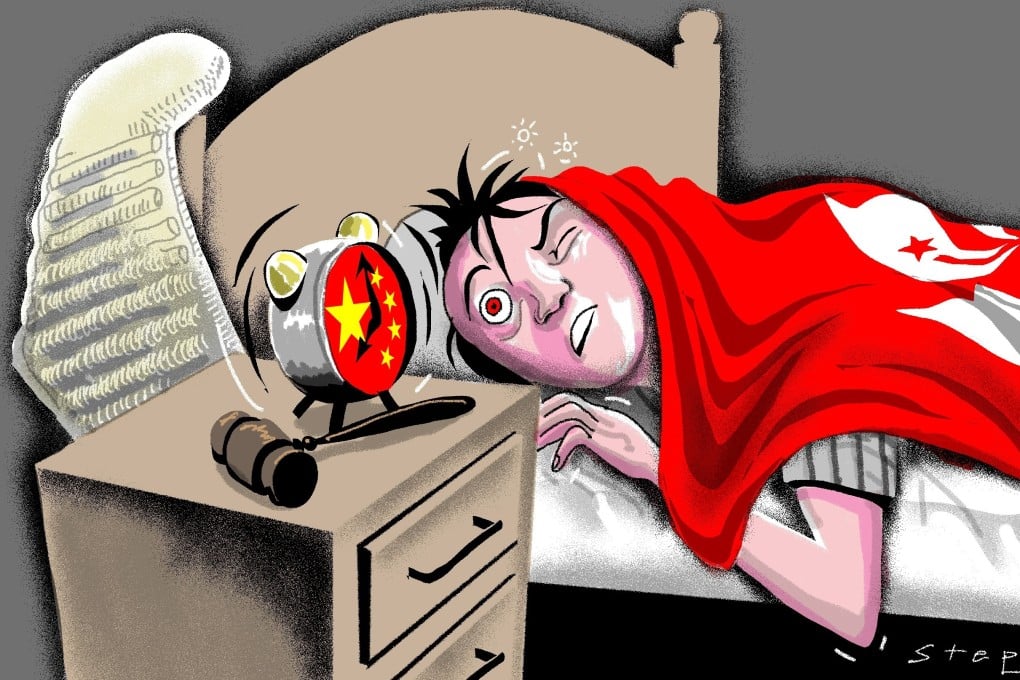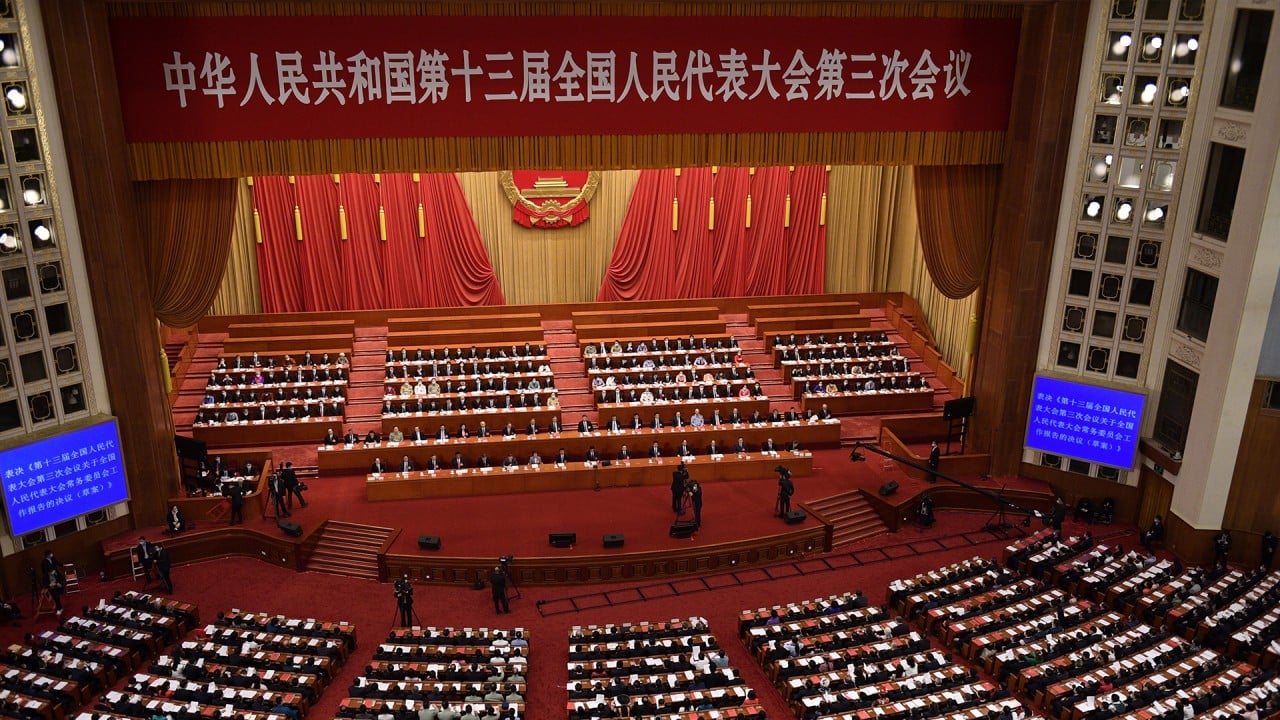Advertisement
Opinion | Why Beijing’s national security law for Hong Kong deserves the full support of the judiciary and lawyers
- The fact that reform is deemed necessary to improve Hong Kong’s legal system and ‘enforcement mechanism’ should serve as a wake-up call for the legal profession
- The common law is at the heart of ‘one country, two systems’ and there is no reason the principle should not continue beyond 2047 if it is in tune with broader national interests
Reading Time:5 minutes
Why you can trust SCMP
0

Every nation on Earth, unless a failed state, has laws protecting national security. In Hong Kong, there is a set of laws, inherited from the colonial government, dealing in a haphazard way with some of the complex issues involving national security. These can be found in Part I of the Crimes Ordinance, the Societies Ordinance and the Official Secrets Ordinance.
No one pretends that these laws are anywhere near adequate to deal with the complicated matters today. This problem was recognised by the drafters of the Basic Law: hence Article 23.
This required the Hong Kong government, upon being established on July 1, 1997, to enact laws to prohibit treason, secession, sedition, subversion, and foreign entities forming political alliances with entities in Hong Kong.
An attempt was made by the colonial government, soon before the handover, to ease the task of the future special administrative region government by upgrading the national security laws. This failed to win support in the Legislative Council. The matter was revived in September 2002, when the government issued a consultation document on proposals to implement Article 23.

02:33
China’s top legislature approves national security bill for Hong Kong
China’s top legislature approves national security bill for Hong Kong
What should have happened following the publication of the consultation paper was mature debate within the community. Regrettably, leaders in the community who claimed to represent the people adopted an ideological stance, claiming the proposal was an attack on Hong Kong’s autonomy.
Advertisement
